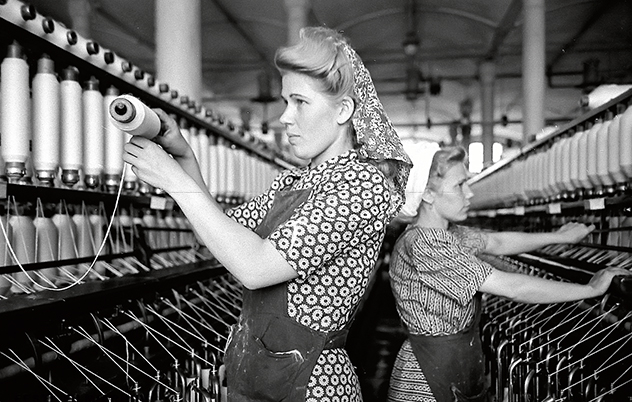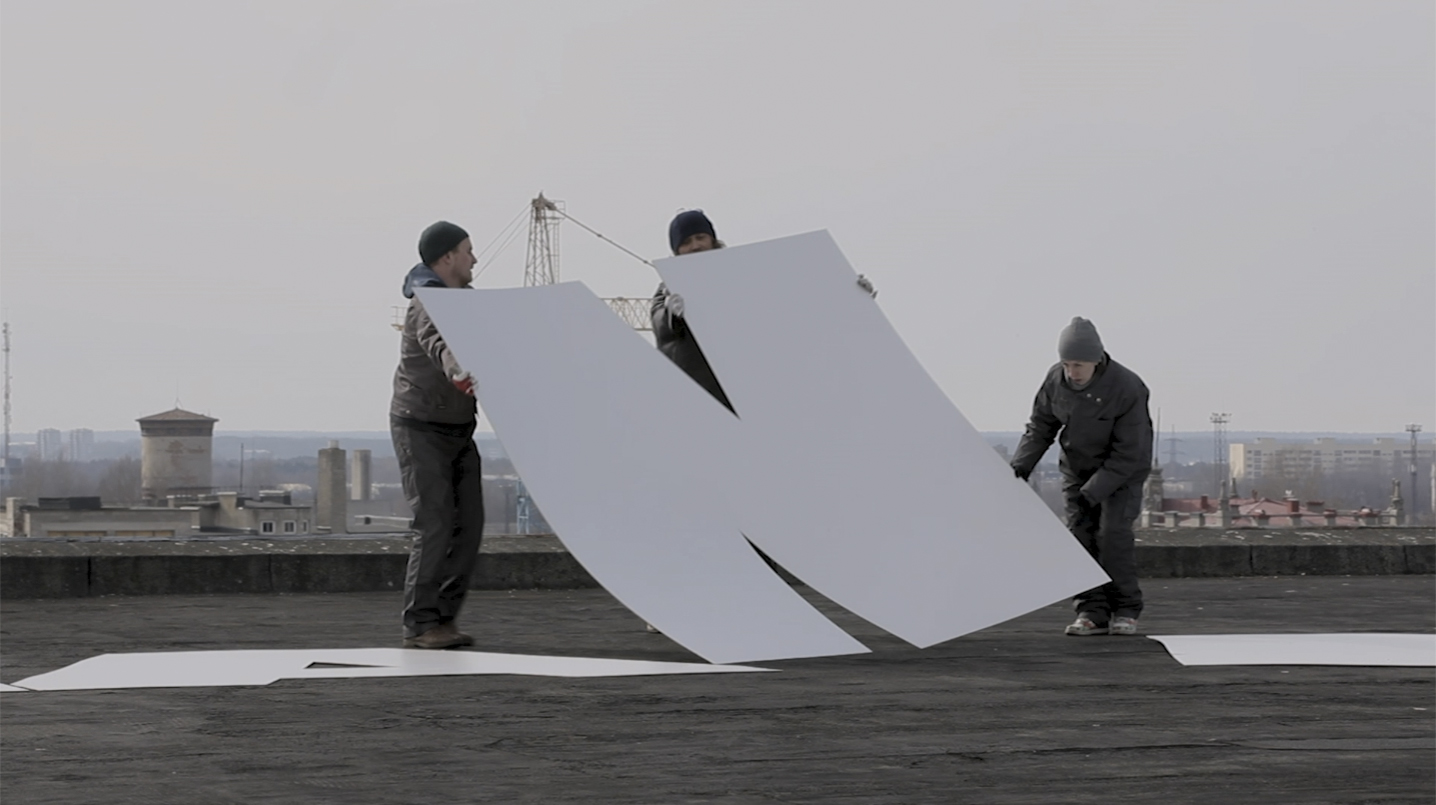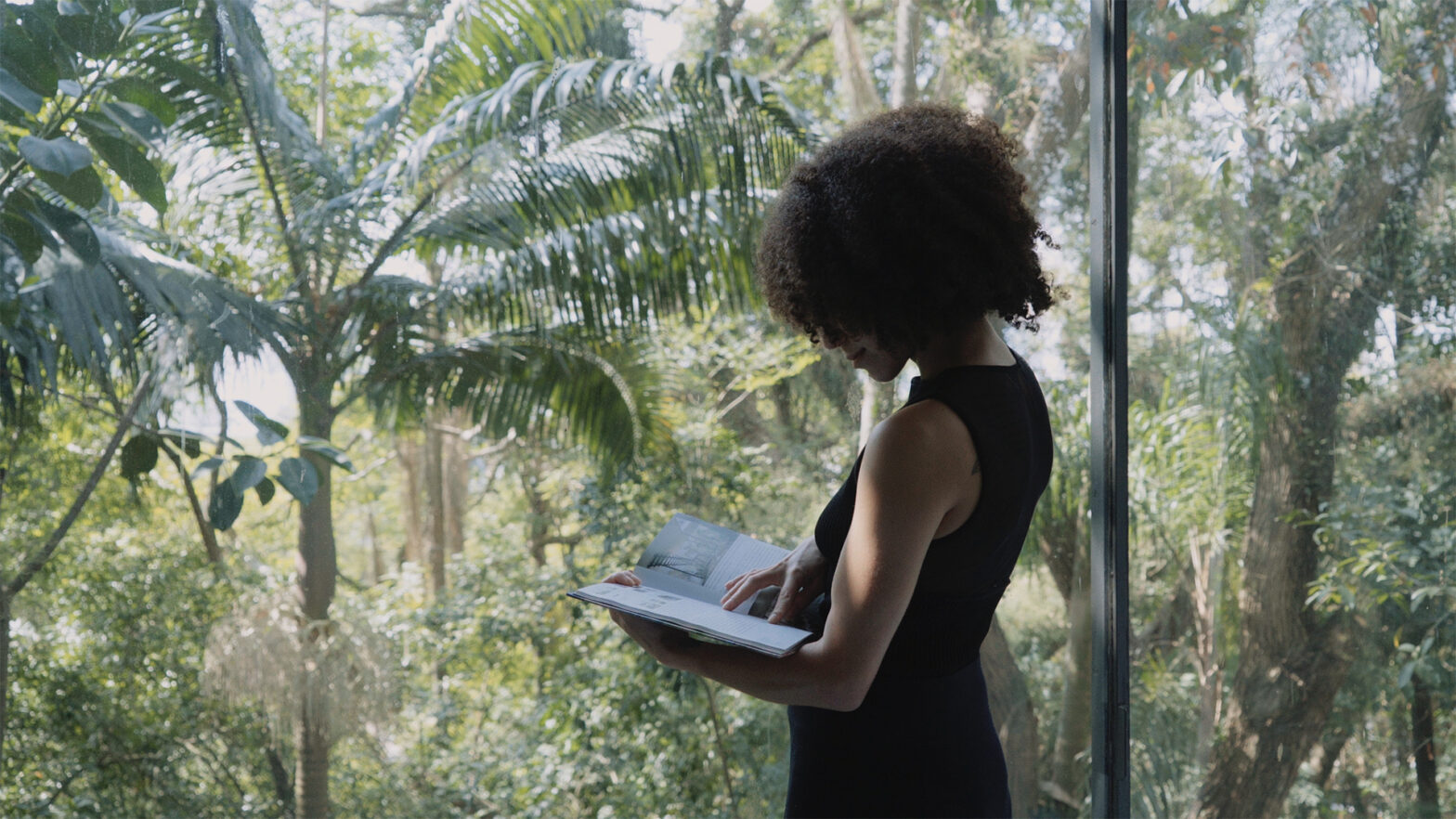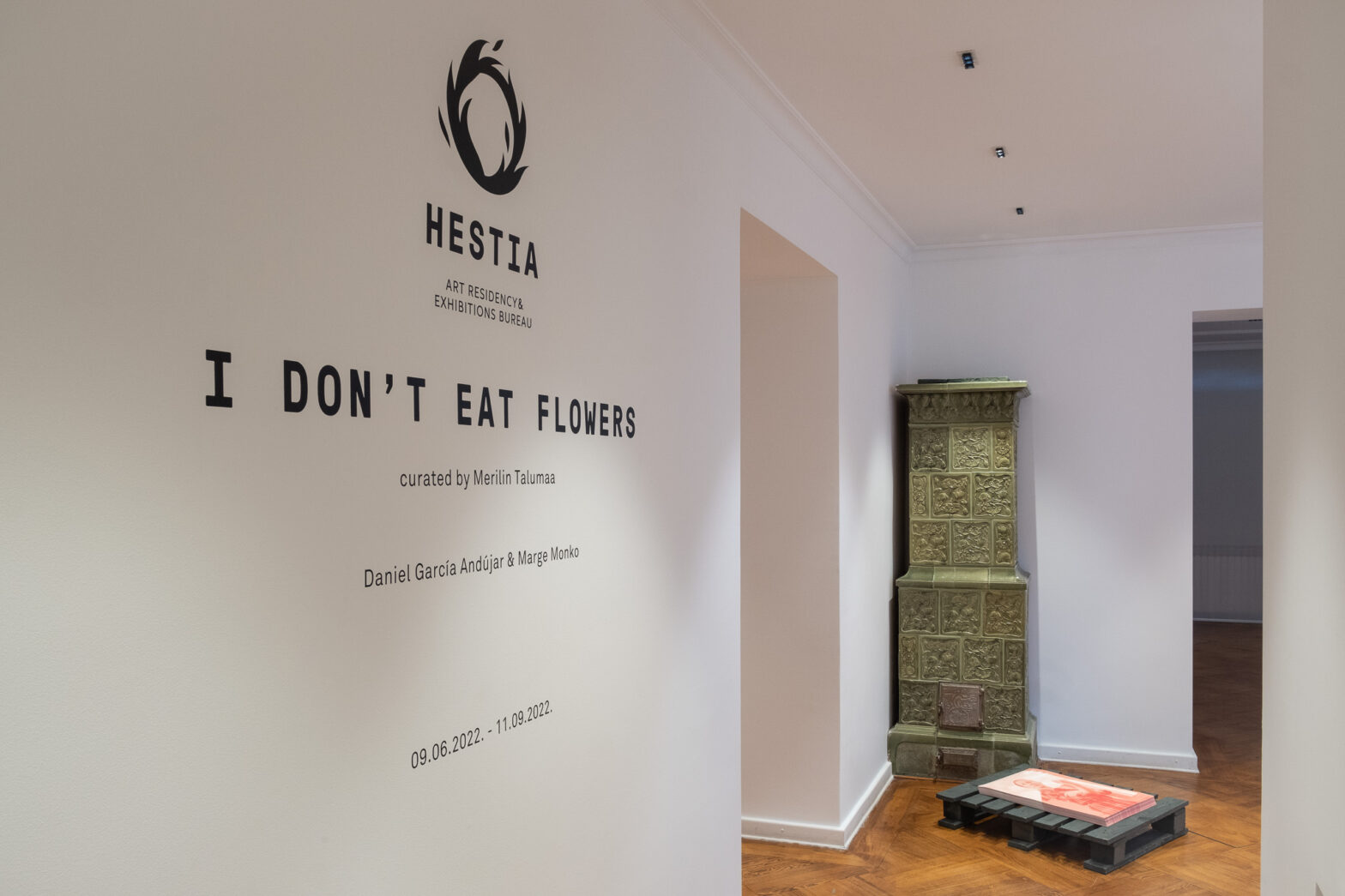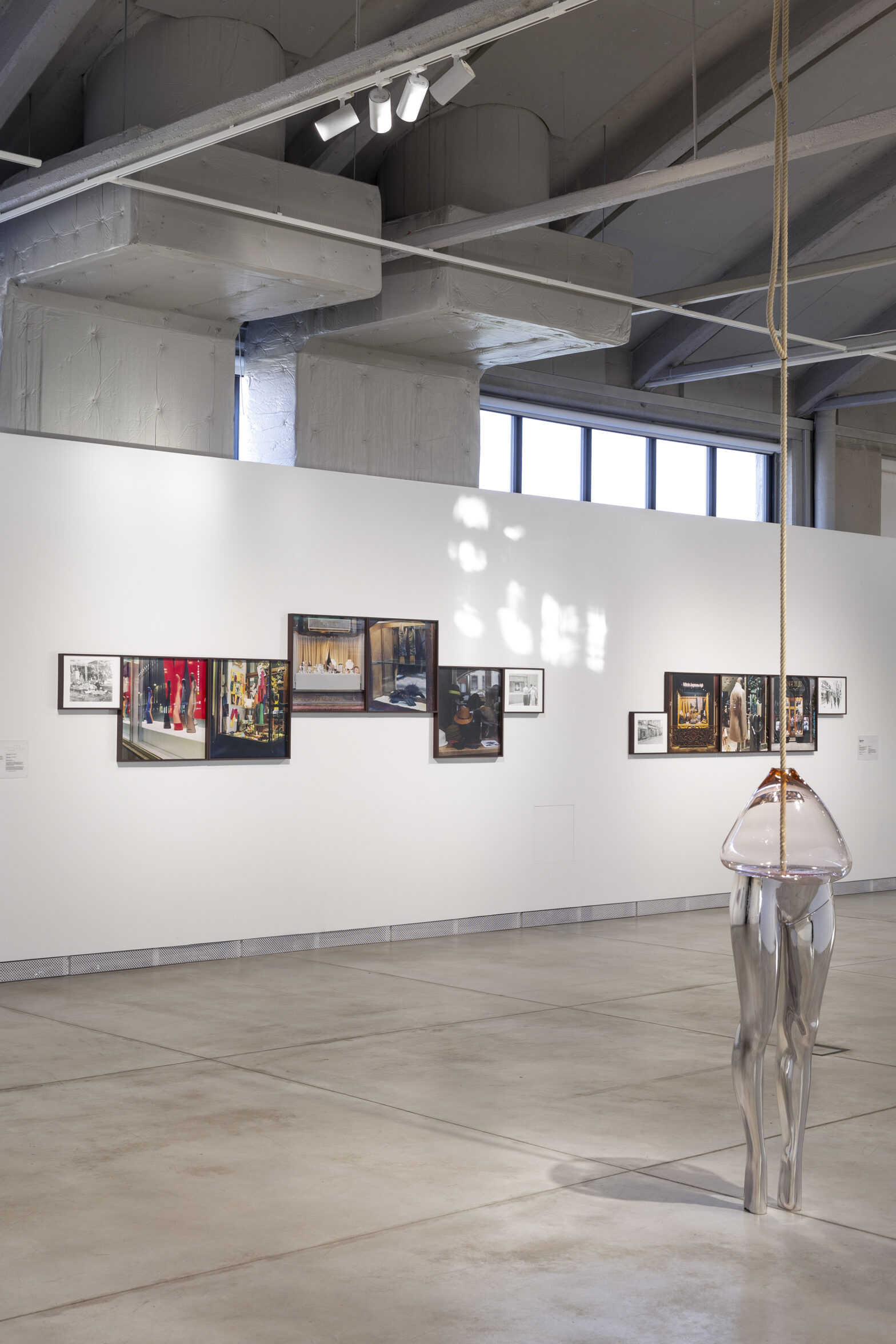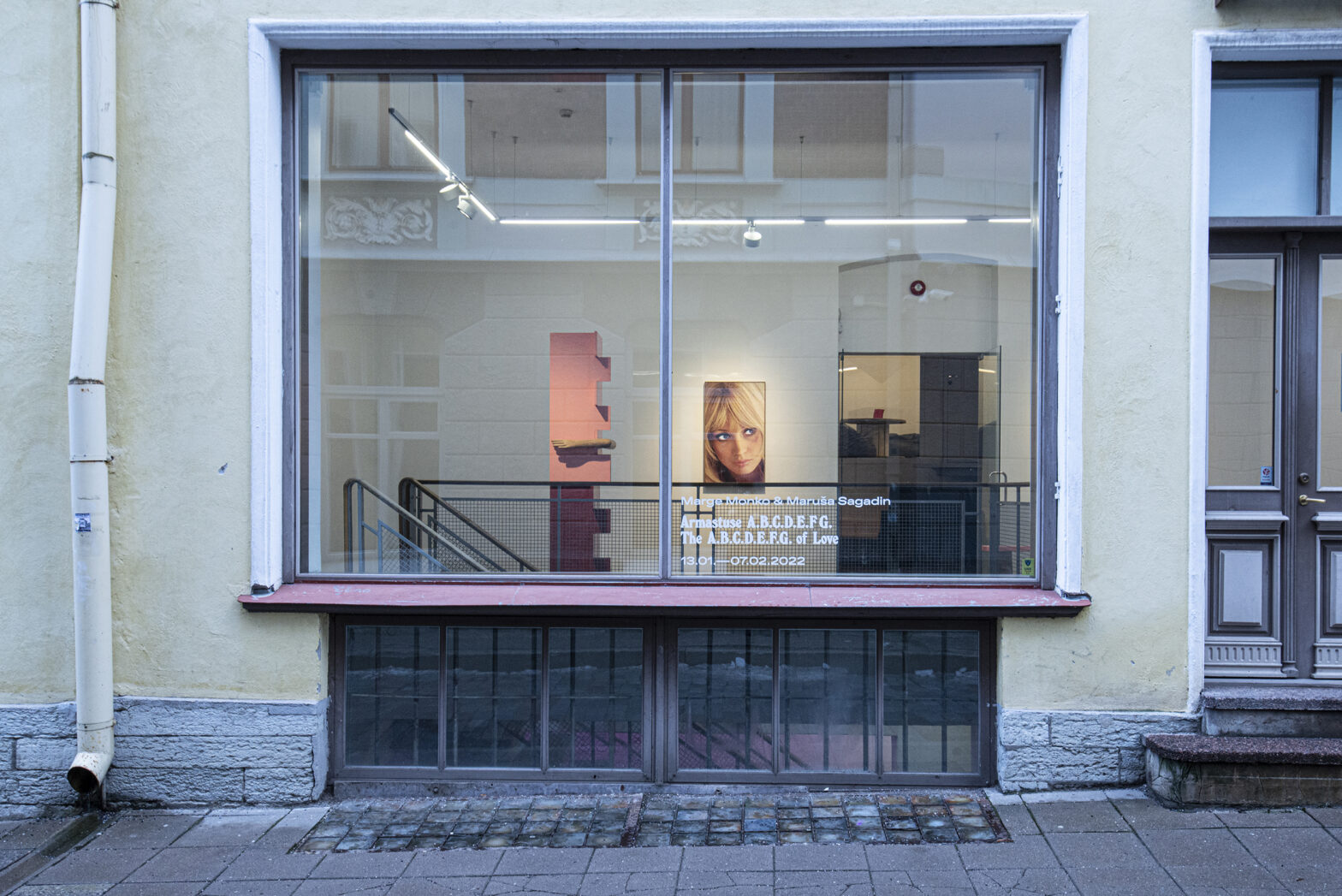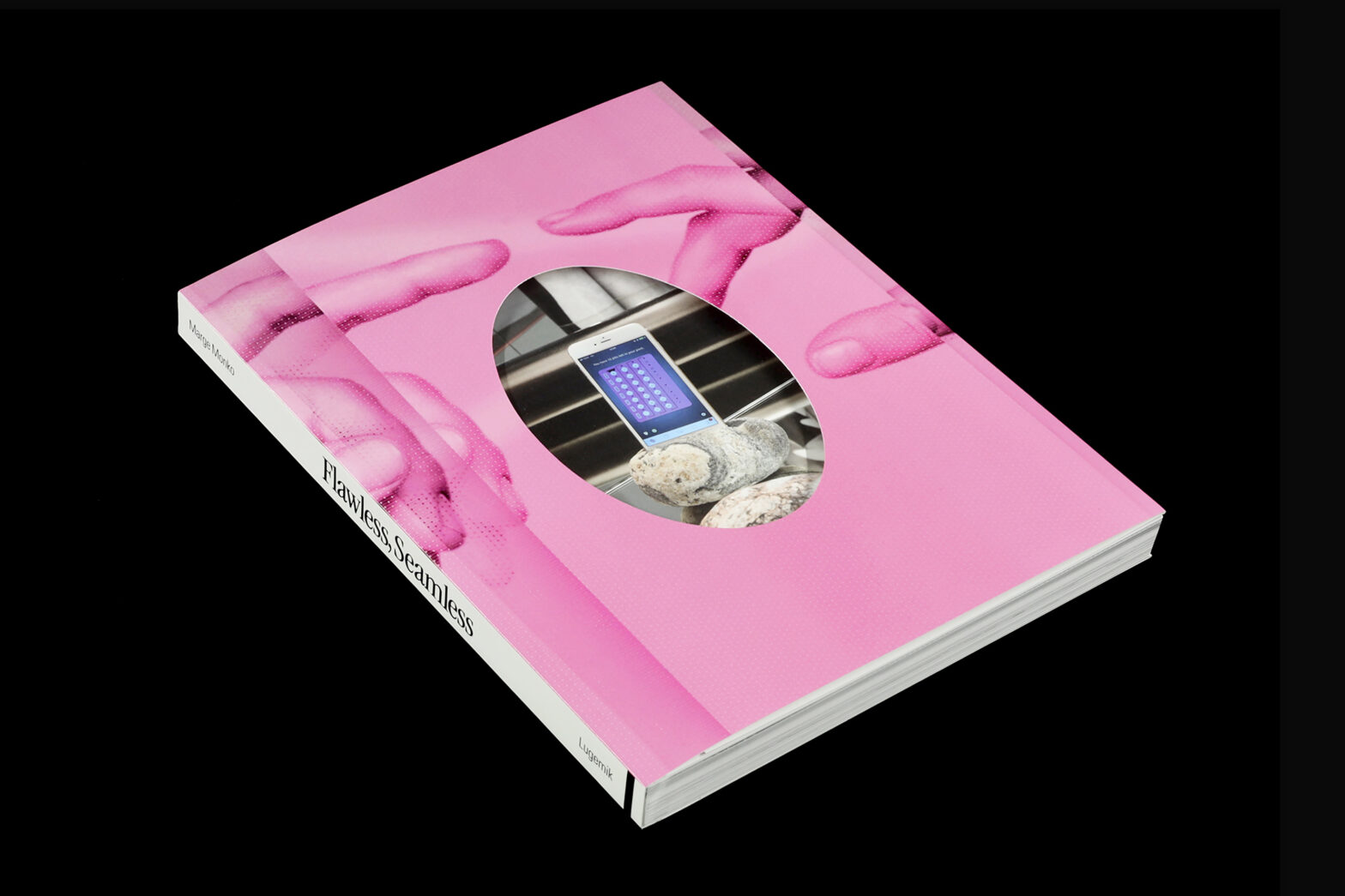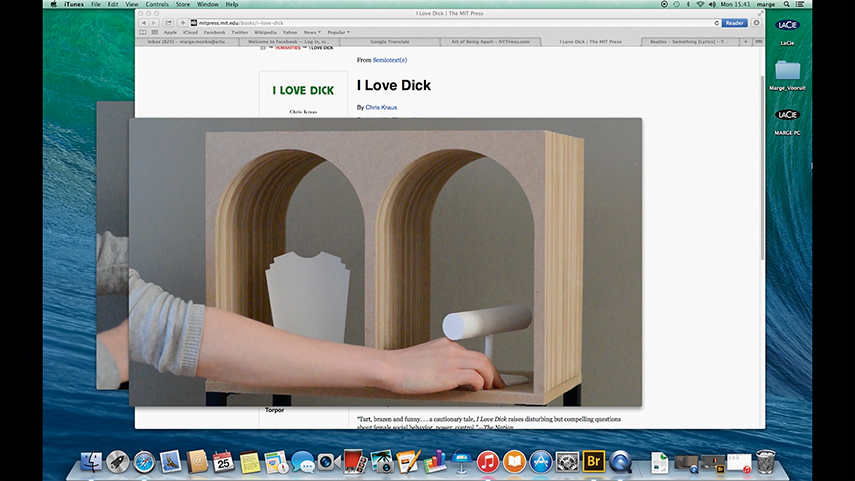Nora’s Sisters is a video that combines archive photos of Kreenholm Textile Manufacture (Narva, Estonia) and a voice over text from the play „What Happened After Nora Left Her Husband or Pilars of Society“ by Elfriede Jelinek. In this particular scene, Nora is warning female workers for the closing of the factory. Women are not taking her seriously because of their unshaken belief in the protection by social democracy. Their speech is a speech of slogans which corresponds to the pictorial language of Soviet propaganda, evident on the archive photos taken in Kreenholm during 1950s and 1960s. Kreenholm with it’s 12 000 employees was considered one of the biggest textile manufacturers in Soviet Union. In 2009 there were only 400 workers left and a large complex of factories was standing almost empty.
Author Archives: Marge Monko
Red Dawn
The video documents an action of restoring the letters on the rooftop of a former hosiery factory in Tallinn. Punane koit (Red Dawn in English) was the name the factory had during the Soviet time. Despite its inherent reference to Communism, the name also alludes to a less visible poetic – hope, dreams of the better future and new beginnings.
Window On the Visible World
Through still and moving images, the film reflects upon the role of the window in architecture and visual culture. It is accompanied by voice over written and read by Marge Monko. A view from one’s window has been a recurrent motif in the history of visual art. Focusing on the legacy of the modernist architecture, the film draws parallels between the views from windows recorded in São Paulo and Tallinn. It follows different modes of images that equally serve as metaphors for the window – from engravings and paintings to virtual images on our computer and cell phone screens.
Contact: info@margemonko.com
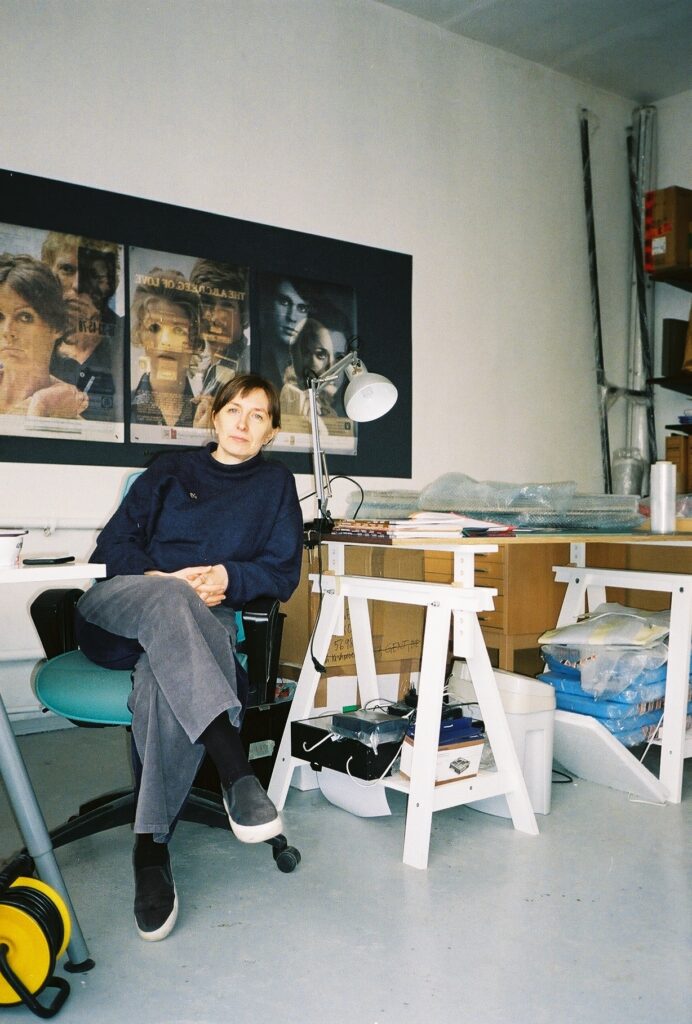
Marge Monko (b. 1976) is a visual artist who lives and works in Tallinn. She has studied at the Estonian Academy of Arts, University of Applied Arts Vienna, and Higher Institute for Contemporary Art (HISK) in Ghent. Monko works with photography, video, and installation. Her works are inspired by historical images and theories of psychoanalysis, feminism, and visual culture. She works as a professor in the Department of Photography at the Estonian Academy of Arts.
Download CV
Download Artist statement
I Don’t Eat Flowers
Great Pretender
Duo show with Gabrielle Beveridge in Kai Art Center, Tallinn, 18.09-28.11.2011
Contact
info@margemonko.com
Artist statement
Since the beginning of my activity as an artist, my work has revolved around femininity – with the emphasis on the body and its photographic representation. Most of my works have a link to history and are influenced by psychoanalysis, feminism and theory of visual culture. Depending on the subject, I’ve employed methods including documenting and staging as well as appropriating existing images, often combining these different approaches.
During the last years, I’ve been exploring the subject ‘architecture of desire’ – material culture such as print ads, shop displays, show windows, etc. used in publicity, often depicting hands presenting the products. Publicity images, designed to evoke desire for commodities, are also suggesting that the products they represent, would fulfill the desire for luxurious lifestyle and romantic love. It is interesting to follow how the advertising campaigns for major brands are appropriating cultural codes and social movements, whose message is often critical towards the capitalist ethos of the corporations behind the ads (recent examples of Pepsi and Nike campaigns).
My recent works include videos, appropriated images, as well as installations employing materials like acrylic glass, lights and found objects, referring to and deconstructing commercial displays. I am interested in how objects are displayed in relation to each other, how fantasies are played out in the genre of still-life, employing elements of surrealism and borrowing from classical architecture. In some sense, displays can be read as political statements in the public or semi-public space (windows) suggesting certain values through the aesthetics in use.
The A.B.C.D.E.F.G. of Love
Duo show with Maruša Sagadin in Hobusepea gallery, Tallinn, 13.01-07.02.2022
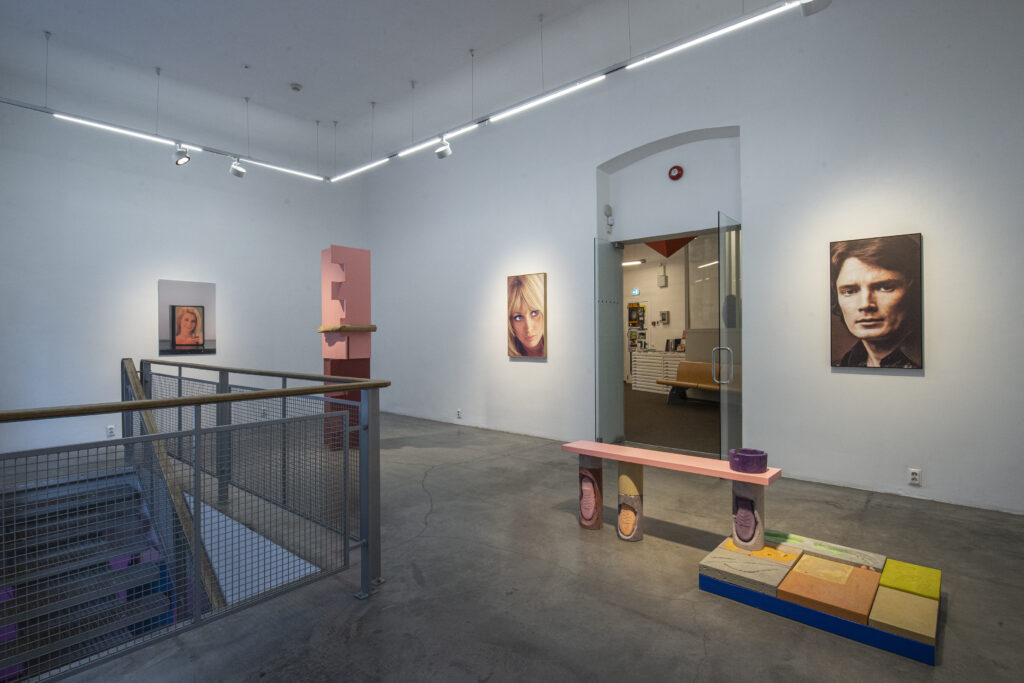
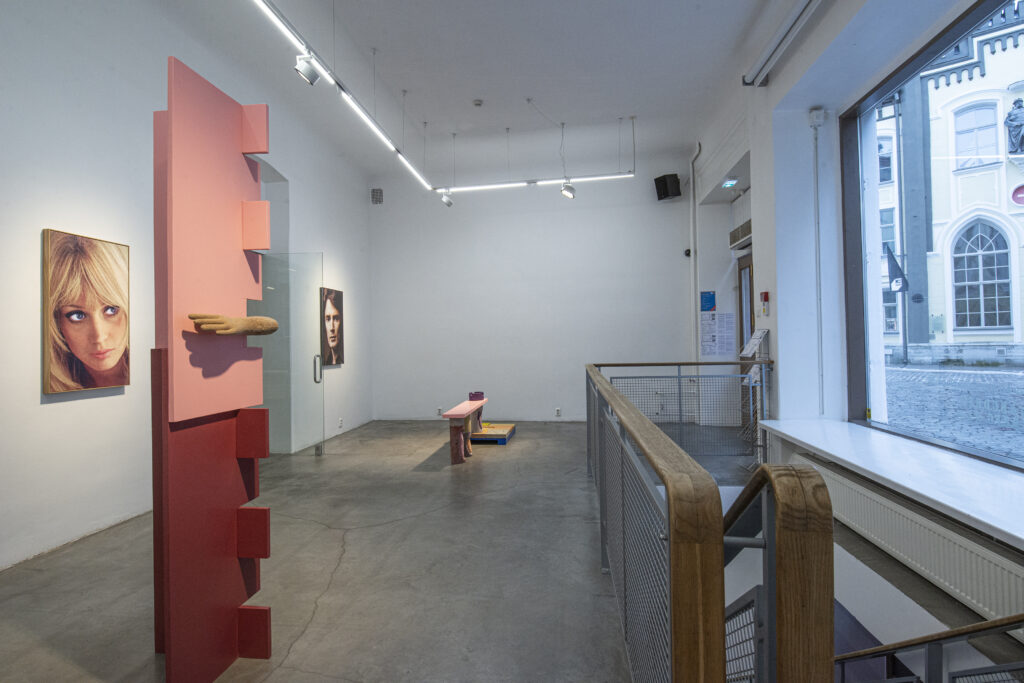
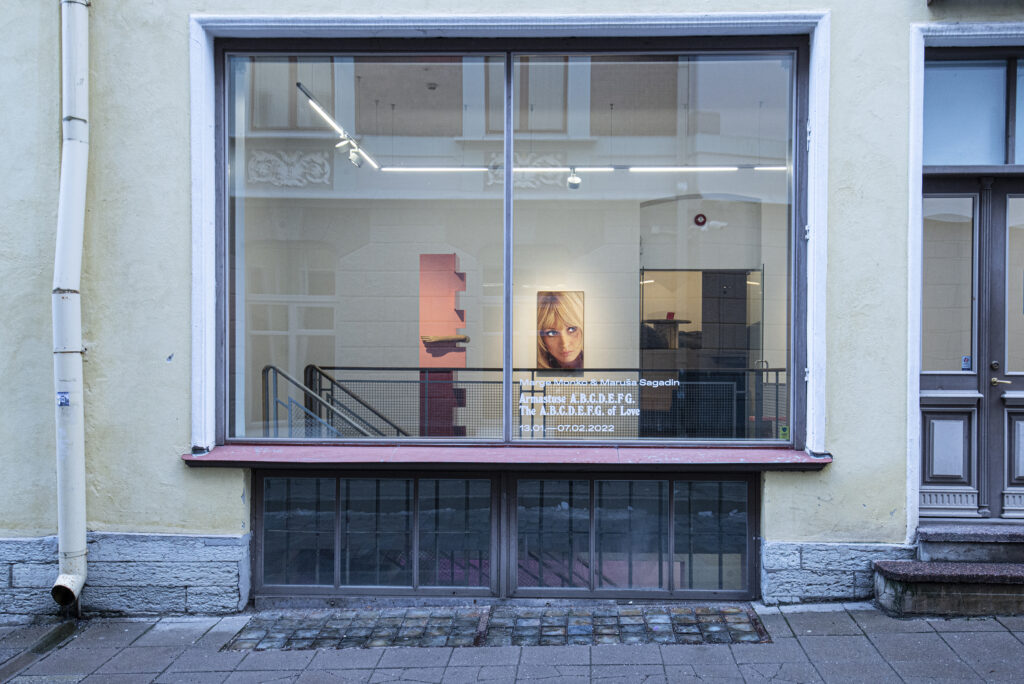
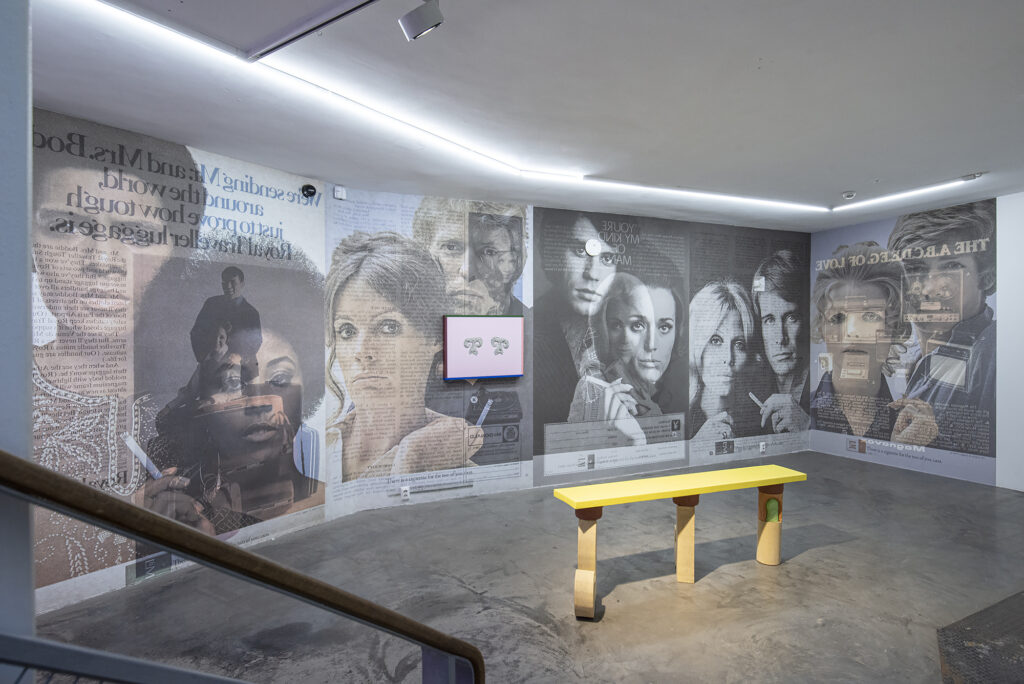

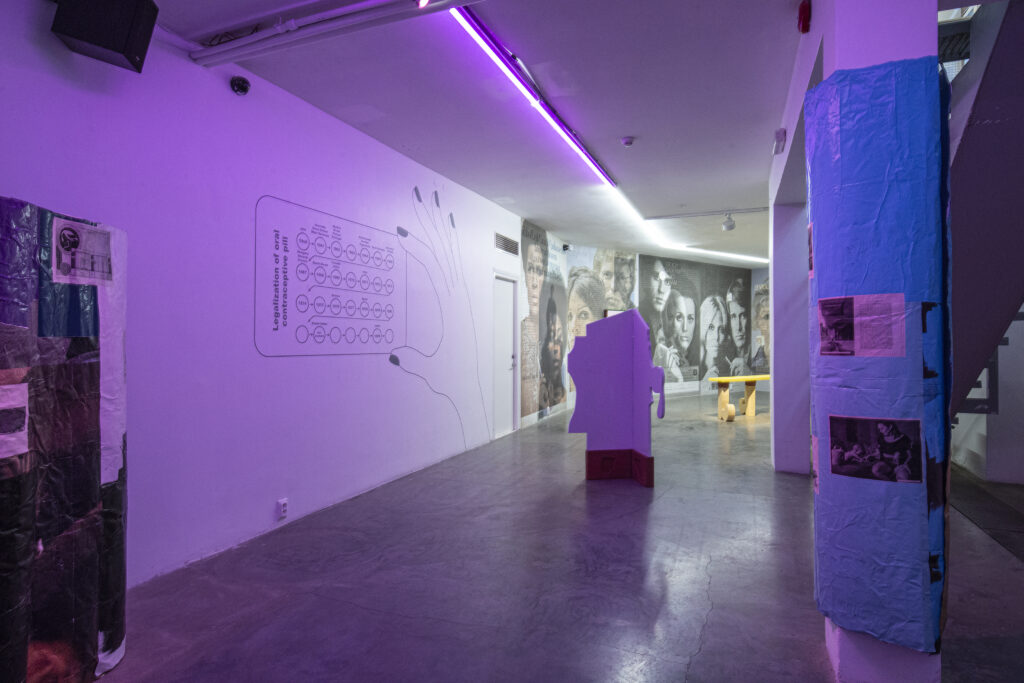
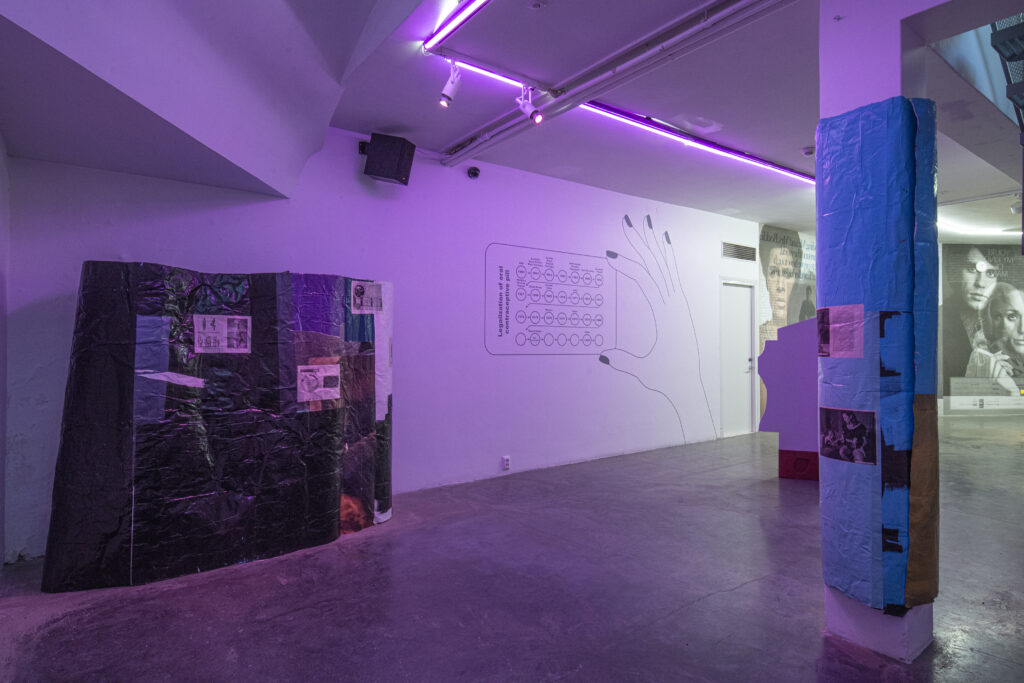
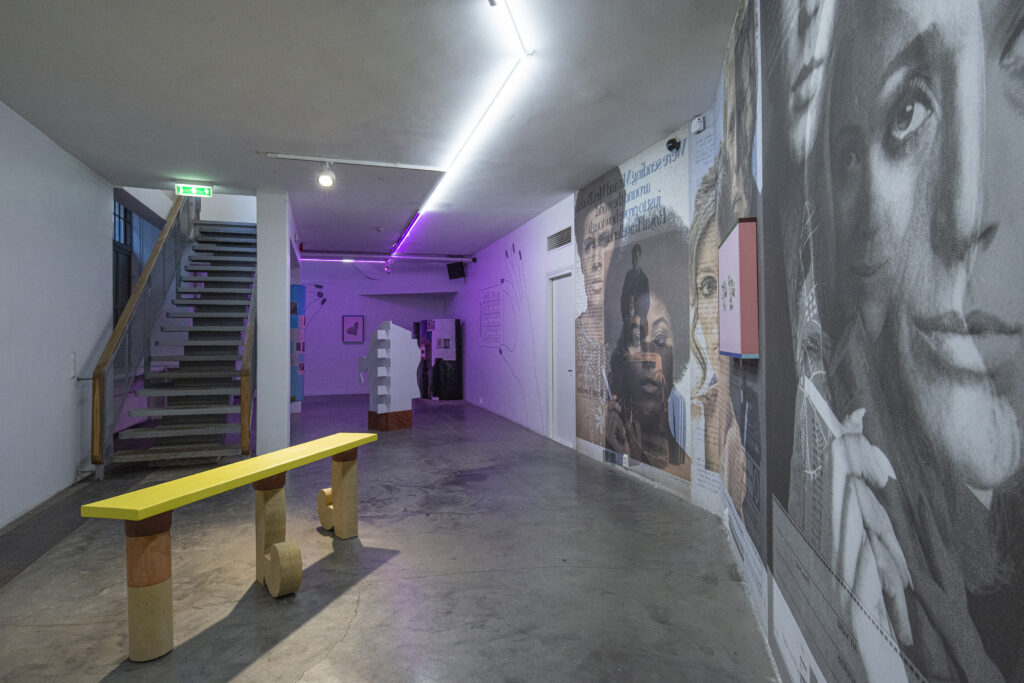
Flawless, Seamless
Published by Lugemik
Compiled and edited by Laura Toots
Essay by Moritz Scheper
Conversations with Maruša Sagadin, Erika Hock, Paul Kuimet
Translation by Ben Caton (GER to ENG) Keiu Krikmann (EST to ENG)
Proofreading by Bryne McLaughlin
Graphic design by Indrek Sirkel
Colour correction by Marje Eelma (Tuumik)
Dear D

Directing, producing, editing: Marge Monko
Voice over: Laura Marmor
The video is recorded on the computer screen and shows the process of writing a letter, interrupted by browsing the web and exploring the image files. The voice-over text is based on a love letter which touches upon different aspects of contemporary love. The text includes several references to the writings of Chris Kraus, Siri Hustvedt, and André Gorz, as well as the song Something by The Beatles, and sociological research by Eva Illouz.
